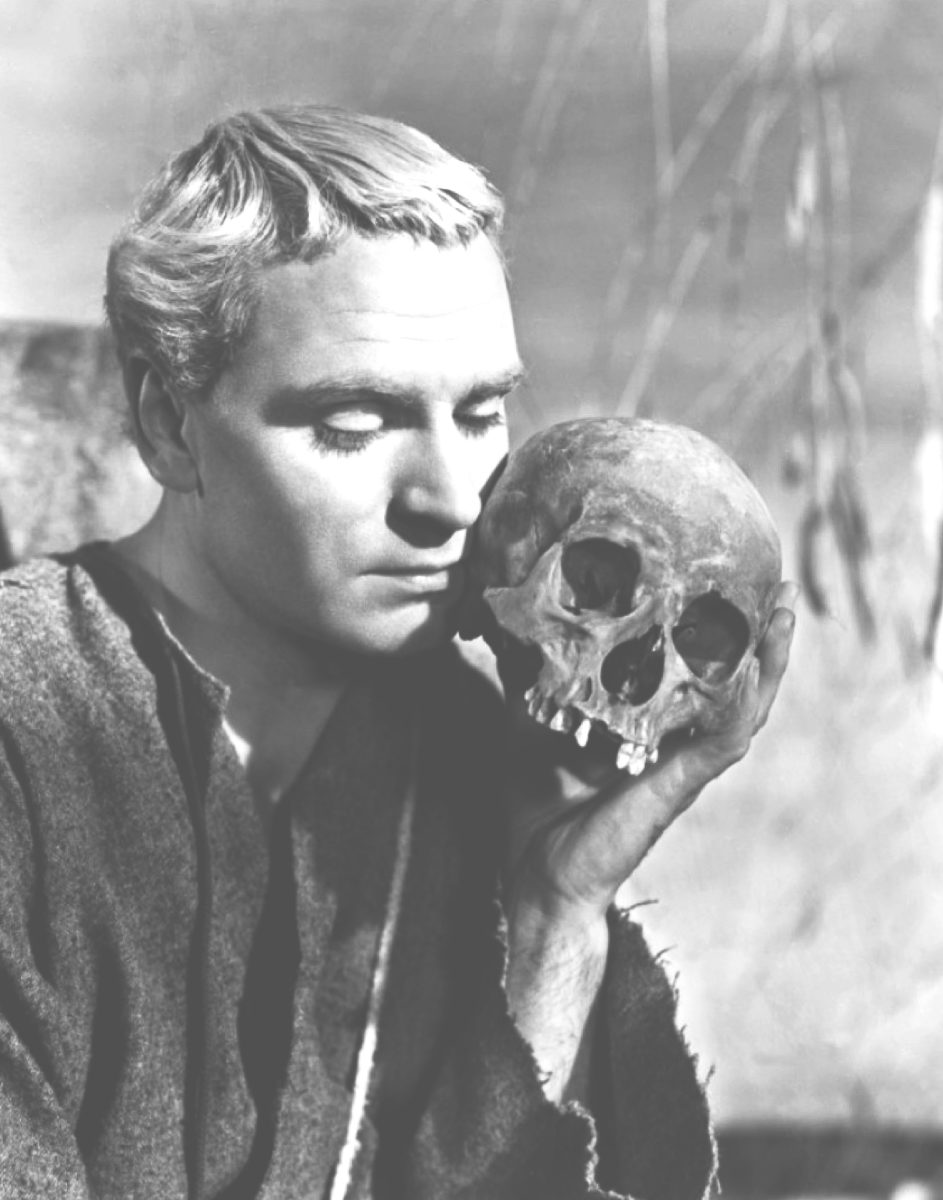Hamlet: the pinnacle of Shakespeare, the right of passage for any serious actor, spokesperson of the high arts, the Dane, the great dane! He’s one of the better things to come from Denmark after fine butter and Metallica’s drummer. Lo’, when it comes to iconic fictional characters, you can’t do much better.

But why is he so famous? Is it because your Grade 12 English teacher made you read the play? No. Is it because he’s clearly a rip off of Lion King’s Simba? No. Is it because reciting Shakespeare at parties makes girls like you? No (trust me).
It’s because he’s so relatable. His struggles are your struggles. That’s right; Hamlet was a loser university student trying to decide what to have for dinner: Kraft Dinner or leftover pizza.
OK. Maybe not to that degree. But St. Thomas professor Vivien Zelazny, who gave a lecture last February titled “Hamlet on the possibilities and perils of education”, says it’s not far off. Hamlet is living with the struggles of a student. You don’t have to read deep into the text. Hamlet was at the university of Wittenberg before he was called home after his father’s death, which leads him to realize he has more family troubles than Oedipus.
“When you’re a university student, often it happens that the relationship with people back home become a little more fraught. You find yourself growing a little more distant from them,” said Zelazny.
Now, your uncle probably didn’t kill your father. But that said, the point still stands. Imagine coming home and finding your room has been turned into a sewing room. It’s a bummer either way. Zelazny used the Turkey Dump as another example.
Zelazny said that’s just part of growing up. Your heroes become fallible, or eventually evil. You realize that your parents secretly smoke or have had to borrow from your college fund. It’s like reverse Star Wars.
But Zelazny said, like most university students do, Hamlet over does it. He totally writes off his girlfriend in the same way and implicates her in something she’s not involved with. People like to jump to the harshest interpretation available; your mom isn’t a heartless capitalist just because she owns a Costco membership.
Zelazny said another of the main ways Hamlet is like a student is his pursuit of knowledge. He encounters his father’s ghost, who tells him about the circumstances of his death and Hamlet is skeptical. He goes investigating and he finds the truth about his uncle Claudius. He decides to take revenge, but when he has the opportunity while Claudius prays, Hamlet doesn’t because he doesn’t want his uncle to go to heaven since he’s in the middle of prayer. Zelazny said it’s at that point Hamlet’s quest of knowledge goes too far.
“In that moment Hamlet seems to think he can know for certain something about Claudius’ inner life. And that seems to be something that just isn’t subject to imperial proof.”
Admit it, you’re guilty of that too. You can’t know everything, you narcissistic Nietzschean bastard.
And in this same moment, we get to see how flip-floppy he is in his philosophical doctrines. He believes in Hell and then wants to ensure his uncle goes there.
“Hamlet is admitting there that he believes in the Christian cosmology: Heaven and Hell, and if you sin you go to Hell. That sort of Christian idea, but at the same time the action he wants to take is seriously unchristian,” Zelazny said.
But you remember first year. Don’t we all cherry pick our philosophies without looking for contradictions?
And in case you’re wondering, Zelazny said Hamlet is also struggling with his major. This is for all you fourth years out there: Hamlet has no idea what he’s going to do after all this. The future is foggy. Are you sure you want this life for the rest of your days? Have you made the right choices? What is your purpose? What’s the job market like?
“Hamlet, when he’s thinking about what he has to do, which is to take revenge on Claudius, is distressed by the fact that he doesn’t feel as passionate about it as he thinks he should.”
Ever wish your life was as emotionally raw as the OC or Grey’s Anatomy? Hamlet gets you. Some actors who come to his Kingdom floor him with abilities that seemingly feel passion on demand. But life can never live up to art; you can’t manufacture emotions.
Zelazny gives some hope too though. She says that it is this fear of the future and of past decisions that actually prevent us from feeling passion. But we can learn from Hamlet and see that it takes courage to make these decisions and once you have it, you’ll probably find your passion grows.
So everything will be fine, I guess? Just don’t go fencing with your uncle in the near future.
